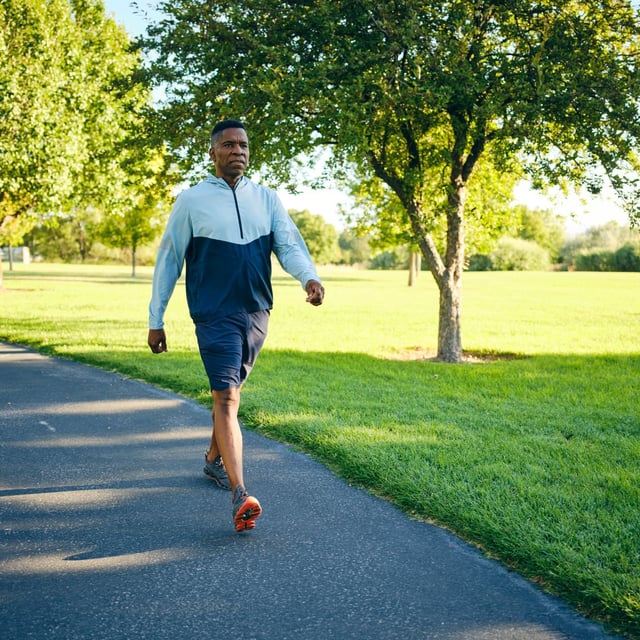Overview
- A study in the American Journal of Preventive Medicine tracked 79,856 low-income and Black adults for a median of 16.7 years and linked 15 minutes of daily brisk walking to a nearly 20% reduction in all-cause mortality.
- The mortality reduction was most pronounced for cardiovascular causes and held true after adjusting for diet, smoking, alcohol use and other leisure-time activities.
- Slow walking for more than three hours a day achieved only a modest 4% reduction in mortality, highlighting the importance of walking intensity over total duration.
- Recent meta-analyses indicate that health gains plateau beyond roughly 7,000 daily steps, prompting a shift toward pace-based guidelines and interval walking methods.
- Japanese walking, which alternates three-minute fast and slow walking bouts, can help users efficiently meet the 150-minute weekly exercise recommendation while improving blood pressure, muscle strength and aerobic capacity.



